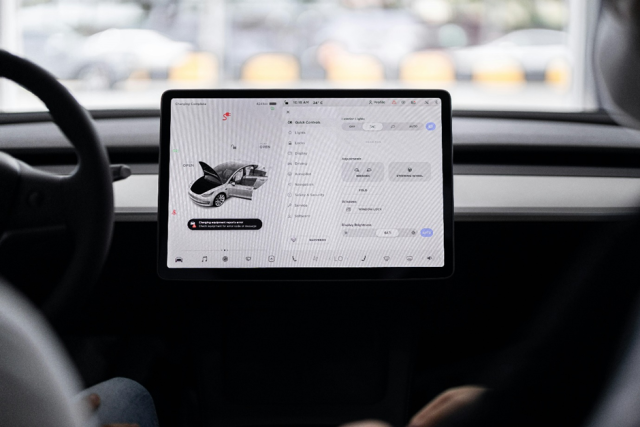3 Ways in Which Your Telematics Data Is Critical
This article may contain affiliate links.
Fleet vehicles generate a constant stream of telematics data that helps optimize operations. This can be GPS location, speed, braking and engine diagnostics. After a car accident, this same data becomes crucial evidence. If a company fails to preserve it, a defensible case can quickly unravel, making it difficult to mount an effective legal defense. In this blog, we explore how telematics data can shape the outcome of car accident claims.
1. The Legal Doctrine of Spoliation and Its Consequences
Spoliation, or the intentional or negligent destruction of evidence, is treated with extreme seriousness by courts. They operate under the principle that destroying evidence was likely harmful to the party responsible. When a company fails to preserve telematics data after an accident, it loses critical evidence and risks legal penalties. This applies even if the data was lost due to a routine 30-day overwrite policy, as companies have a duty to halt these processes once litigation is reasonably anticipated.
The consequences are severe and aim to create a level playing field. A judge may instruct the jury to assume that lost data was unfavorable to your company. In extreme cases, the court can dismiss your defenses or enter a default judgment, deciding the case in the plaintiff’s favor without trial. Preserving a single digital file can be one of the most crucial steps in protecting your company’s financial and legal interests after an incident.
2. Losing the Objective Account of the Accident
The telematics data can provide a factual, second-by-second record of the vehicle’s activity leading up to a collision. It has the objectivity to prove or disprove allegations concerning the driver’s speed, sudden lane changes or rough braking. It is your best asset for showing the adherence of your driver to safety measures based on this objective data.
As an example, a reputable car accident law firm in Boca Raton can use this information as a foundation in creating a compelling and fact-based narrative. They can show your company takes safety and responsible driving seriously.
Without this data, your defense depends on personal accounts. These are often inconsistent and conflicting. You also forfeit the ability to conclusively demonstrate that your driver adhered to the speed limit and complied with all traffic regulations.
The lack of this solid proof leads to uncertainty in a place where clarity could have been present. This compels your legal team to counter accusations without the single piece of evidence that might have decisively backed your account of the situation.
3. Undermining Driver Training and Corporate Credibility
A solid telematics system can serve as the foundation of a company’s safety program, where drivers are properly trained and best practices are encouraged. Keeping this information post-incident is a direct continuation of that promise, and an indication of how the company stands behind its training and its drivers. It demonstrates to the jury that the company is transparent and maintains its operational standards.
Conversely, the failure to preserve this data creates a glaring contradiction. It enables the opposing attorney to claim that the company’s safety protocols are merely for show and that its culture actually encourages shortcuts.
This account can shift focus away from the actions of a single driver. It instead highlights the broader and often more damaging issue of corporate accountability and oversight. Maintaining telematics information ultimately protects the company and sustains its reputation of integrity and operational superiority.
Endnote
Perception often becomes reality in litigation. Failing to preserve fleet telematics data can appear as a cover-up, weakening your defense and increasing liability. What appears to be an IT oversight may be framed as deliberate misconduct. Safeguarding telematics data is crucial for effective legal risk management today.
The post How Failing to Preserve Fleet Telematics Data Can Sink Your Car Accident Defense first appeared on Clean Fleet Report.







